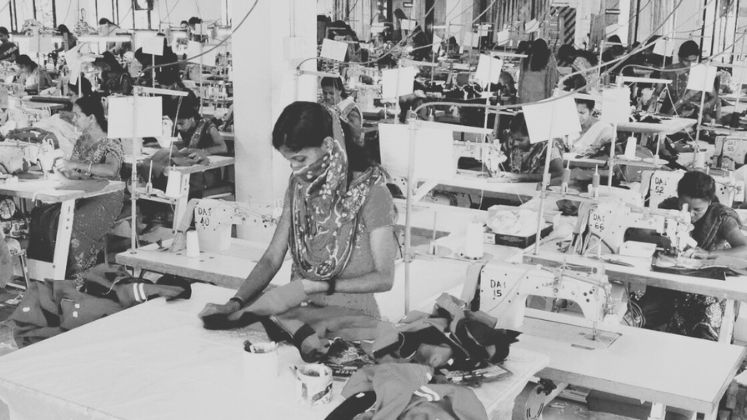
The Centre is expected to address the inverted tariff structure that affects domestic production in important industries including leather goods and textiles in the upcoming budget, people with knowledge of the matter said.
When the import tariff on the final product is lower than that on the raw materials and intermediate items, this is known as an inverted duty structure, which deters domestic manufacture. This is especially true for producers who rely a lot on imported raw materials. The administration has placed more of a focus on obtaining indigenous inputs than on imports.
Reversing the duty structures in these important industries is essential to keeping competitiveness in line with the Government’s push for home production, especially when facing foreign competitors.
“It is expected that reforms for the inverted duty structure will be undertaken in the upcoming budget especially due to the demands raised by the textile industry,” SR Patnaik, partner, Cyril Amarchand Mangaldas said.






